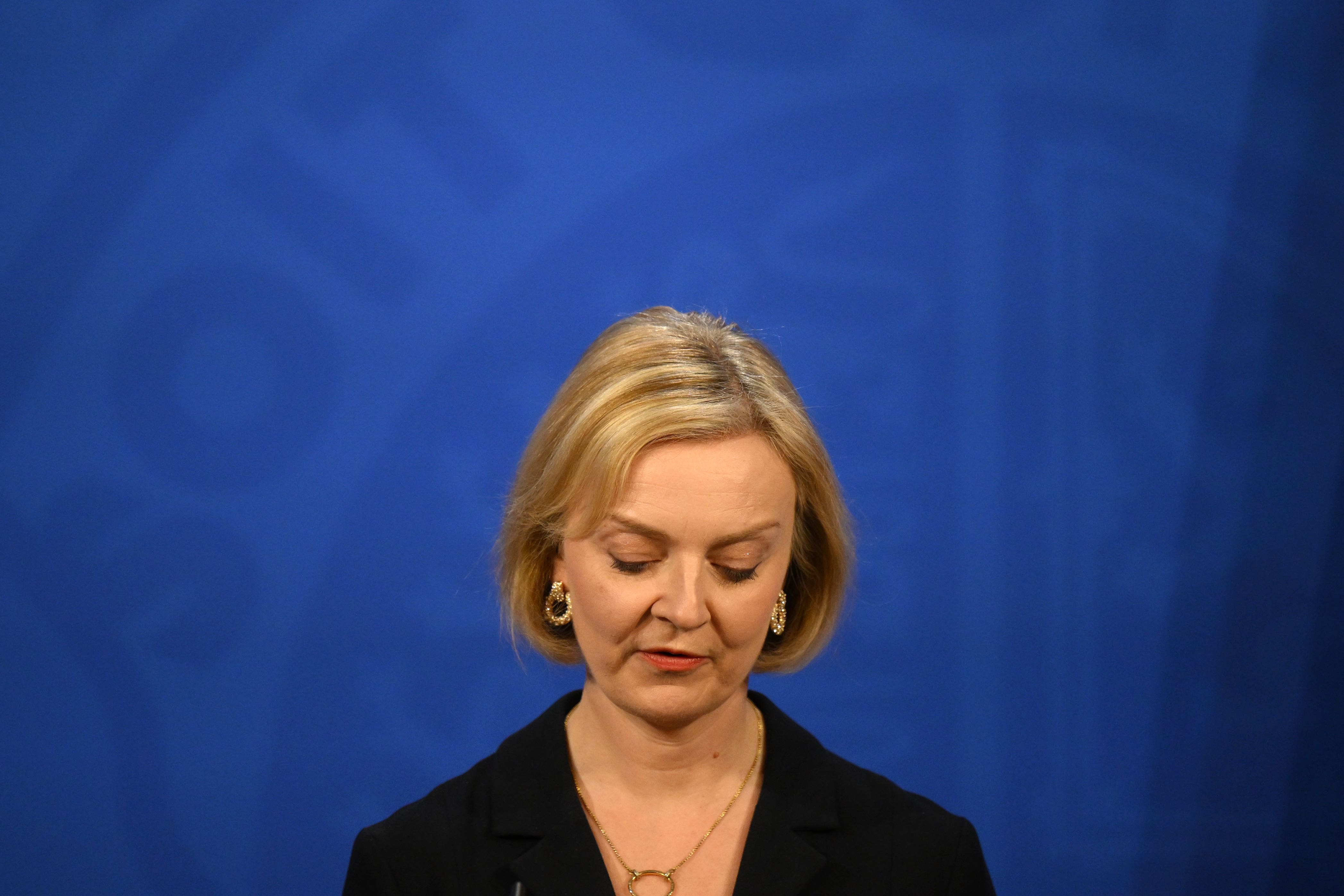By what date must the next general election take place?
Whoever occupies No 10 might aim for mid-2024, says Sean O’Grady


Politically, and even morally, many argue that the case for a general election now is unanswerable. The sheer chaos and constant changes in policy and personnel mean that the mandate won by Boris Johnson in December 2019 is meaningless. However, for what it’s still worth, Liz Truss has rejected the idea of an immediate general election, and so the question arises as to when such an election might take place.
Now that the 2011 Fixed-term Parliaments Act has been abolished and replaced with the Dissolution and Calling of Parliament Act (2022), prime ministers have almost complete autonomy in the matter, within the traditional constitutional conventions restored by the new act. It is a powerful prerogative in the hands of any premier; the potential for partisan manipulation of the economic cycle to fit the political cycle is obvious.
As it currently stands, the last possible date for the next election is a little over five years after the last one – 23 January 2025.
During his media round at the weekend, Jeremy Hunt suggested that the next election would be in about 18 months’ time, which would mean roughly May 2024. From his point of view, that timescale makes a good deal of sense; the recession is more than likely to last for much of 2023, bringing cuts in public services, a continuing squeeze on living standards, rising interest rates and mortgage bills, higher taxes, and a generally negative news flow. Assuming the government manages to survive such vicissitudes, it wouldn’t want to face the voters against a background of such misery.
If the economic recovery is more vigorous than assumed, then a general election could make sense for the Tories in the spring or early summer of 2024. But given the recent record of sluggish growth, late summer or October that year seems a more likely bet.
It may seem strange now, but there are some reasons to be optimistic for the Conservatives at the next election, if not for Truss herself. The war in Ukraine, for example, may end – and, as consequence or bonus, Russia might enjoy a change of leadership. It is possible that China could push Putin towards peace, while events in Iran might end up helping with the global energy supply, or bringing an end to the country’s supply of lethal drones to Russia. The global trend towards higher interest rates might subside. A mild winter might help with both the energy crisis and the seasonal waves of Covid and flu, alleviating the strain on the NHS. And so on.
Of course, there is always the possibility that Britain will enter a sharper or more protracted recession than anyone predicts, bringing an even tighter squeeze on living standards and a housing crash. Economic problems may come to be seen as intractable, and the government as being out of ideas and talent. A succession of leadership crises would merely underline how exhausted the Conservatives have become.
Few governments completely recover from the kind of financial shock experienced in recent weeks. Even with a change of chancellor – and of policy – the party’s reputation for competence and economic responsibility has been shredded. A new prime minister might help, but the electorate might wonder why it is not being consulted on such matters, and the new leader would be faced with the same old challenges. Governments usually pick up in the polls as choices crystallise in the run-up to election day. Maybe Johnson will make a comeback and revive the Brexit coalition of 2019. Perhaps the government will have some luck and Labour will lapse into civil war, possibly over EU policy. There is time enough for the government to put up a fight at the next election, but the sense that it is “time for a change” is one of the most powerful in politics.



Join our commenting forum
Join thought-provoking conversations, follow other Independent readers and see their replies
Comments